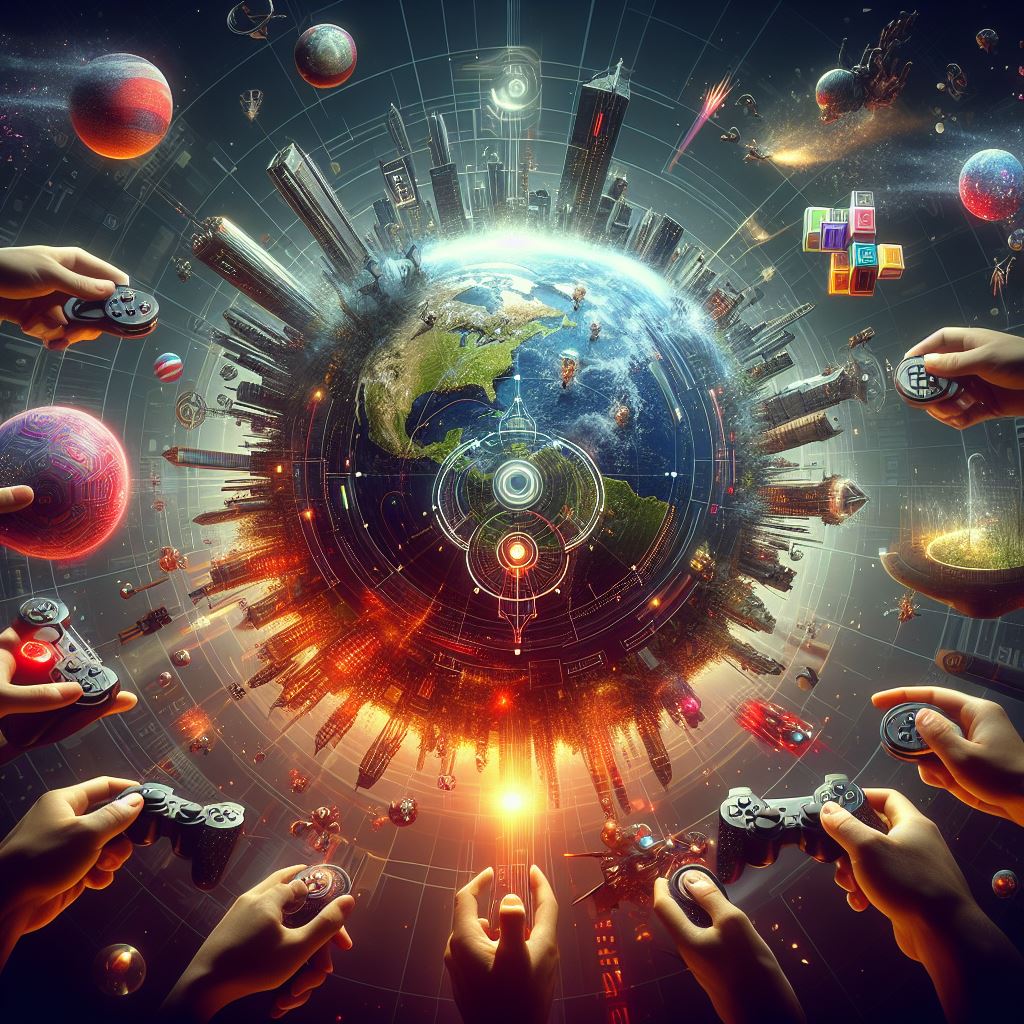Untouchability as a form of cultural diversity
Untouchability as a Form of Cultural Diversity
The concept of untouchability has been debated for centuries. Misunderstandings about it abound, and its effects are felt globally. This blog post aims to clarify the concept of untouchability concerning cultural diversity.
In economics, untouchability is tied to human values and growth and can be seen in two forms. The first is known as "apparent rationality," and the second is philosophical. A third variant concerns an atmosphere of equality and judgment. This post will delve deeper into the interrelation of these three forms and how they impact our understanding of untouchability.
The first element of economic untouchability is the metaphorical "golden goose," a consistent source of profitability for any nation. This golden goose is considered untouchable because exploitation could lead to its downfall. Its profitability remains steady as long as it remains untouched. Over the long term, approximately 10 to 15 years of non-operative compliance, a cautious approach that avoids meddling with the golden goose, yields consistent profitability across sectors. Historical evidence supports that an untouchable golden goose can consistently generate profit across generations. This doesn't mean that all untouchables are beneficial, but it suggests they can lead to profitability when cautiously approached.
The second element of untouchability encompasses precious diamonds and talents, treasured art collections, invaluable cinematography, and other culturally significant assets. These untouchables are to be cherished and safeguarded as they symbolize the cultural diversity we should celebrate. They represent the richness and variety of human creativity and should be respected and protected for future generations to appreciate.
The third element is the negative form of untouchability, where specific individuals or groups are deemed untouchable due to their social status or caste. Embedded in some societies, this practice clearly violates human rights and is constitutionally banned. It fosters discrimination and inequality and must be condemned and eradicated.
Untouchability is a complex and multifaceted concept with varying interpretations depending on the context. Economic terms refer to preserving valuable assets that contribute to sustained profitability. Culturally, it pertains to the same safeguarding talents and artifacts that form the mosaic of human diversity. However, in its negative form, it signifies a human rights violation that must be eradicated. As a society, we aim to celebrate and protect the positive aspects of untouchability while working diligently to eliminate its negative incarnation.
Further exploring the impact of untouchability reveals how it shapes societies and economies. Economics and society are interwoven in both visible and subtle ways, with the concept of untouchability playing a significant role in shaping economic policies. For instance, specific natural resources are deemed 'untouchable' in maintaining ecological balance. This, in turn, influences policies related to environmental conservation and sustainable use of resources.
Culturally, untouchability manifests in the preservation and respect we extend to specific art forms, traditions, or historical artifacts. These 'untouchable' aspects of culture contribute to societal diversity and enrich our collective human experience. They serve as a testament to our shared history and a source of inspiration for future generations.
Yet, it is crucial to distinguish these constructive forms of untouchability from its harmful incarnation as a discriminatory social practice. When individuals or groups are deemed 'untouchable' due to their caste or social status, it leads to discrimination and inequality, disrupting social cohesion and hindering development. This form of untouchability fundamentally contradicts the principles of human rights and should be categorically abolished.
As our understanding and interpretation of untouchability evolve, the positive aspects will likely be harnessed to benefit society and the economy. At the same time, its harmful elements are entirely eradicated. The journey towards this goal will require a collective effort, a shared commitment to equality, and respect for all. We must continually strive for a world where the positive aspects of untouchability—those that foster preservation, respect, and diversity—are celebrated and where its negative forms—those that perpetuate discrimination and inequality—are unequivocally condemned and eliminated.
Please share your valuable feedback in the comments section.....
Our company keeps things running smoothly and efficiently with the convenience of cloud-based Google Workspace programs. Google Docs lets you work and save on Google Drive, Hangouts lets you video chat, Gmail gives you a professional email, and Calendar lets you organize – from anywhere, anytime. You should also try it and see how it can help your business. Google Workspace is offering a 14-day trial. Sign up using my link, and I will give you a discount. Turn your dream into reality with Google Workspace.




Comments
Post a Comment